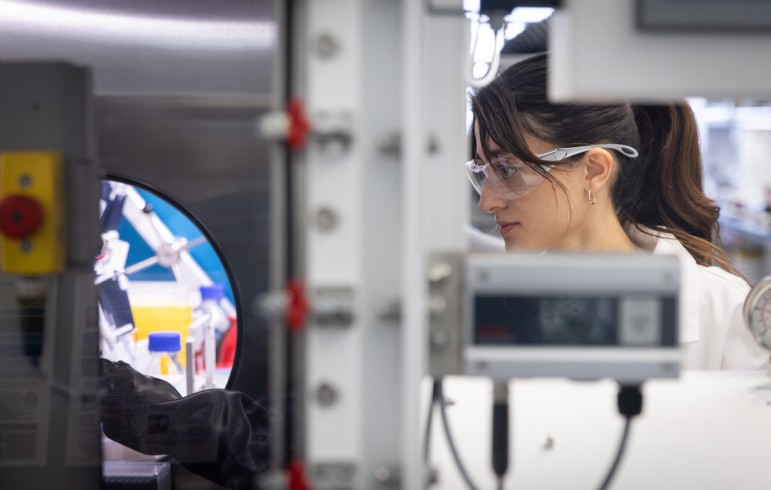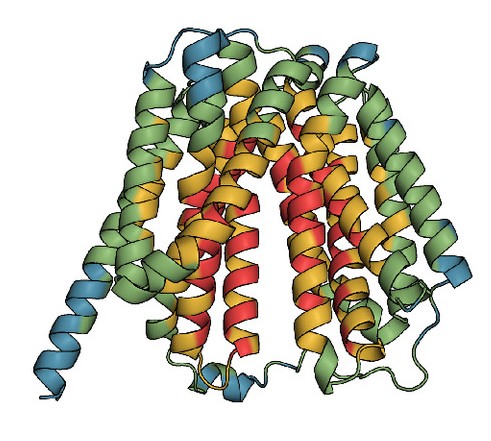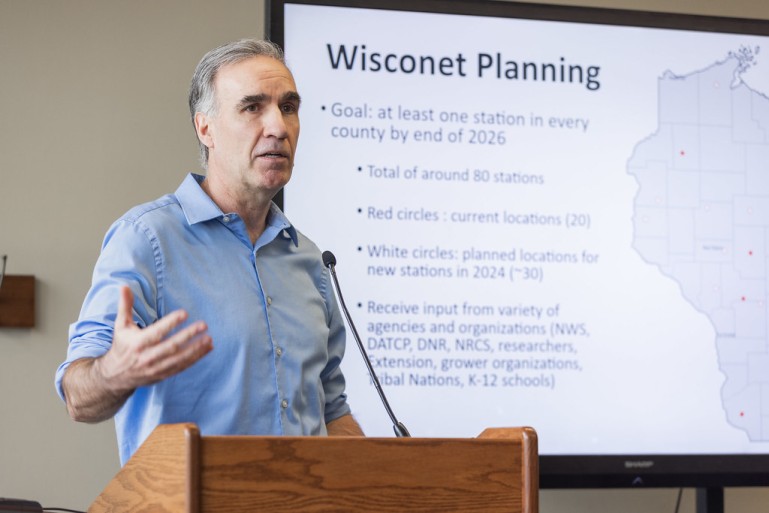Fourteen highly innovative research projects have been chosen for the first round of funding by the University of Wisconsin-Madison Office of the Vice Chancellor for Research and Graduate Educationfor the UW2020: WARF Discovery Initiative.
Less than a week after Wisconsin Gov.
For countries to sharply reduce carbon emissions while also meeting the increasing demand for electrical energy, it’s widely recognized that nuclear power needs to be part of the solution.
MADISON, Wis. – Smarter biofuel production, an algorithm to make life easier for novice programmers and a technique for imaging aging brains have won Discovery Challenge Awards from the Wisconsin Alumni Research Foundation (WARF).
Compressors are all around us. They can be found in machines ranging from implantable medical devices to aircraft engines and in products from almost every industrial sector.
Madison – Today Governor Scott Walker signed into law Wisconsin Assembly Bill 384, removing regulations preventing construction of nuclear power plants in Wisconsin.
As a college sophomore at the University of California–San Diego, Jennifer Reed took a course on building boats and bridges.



